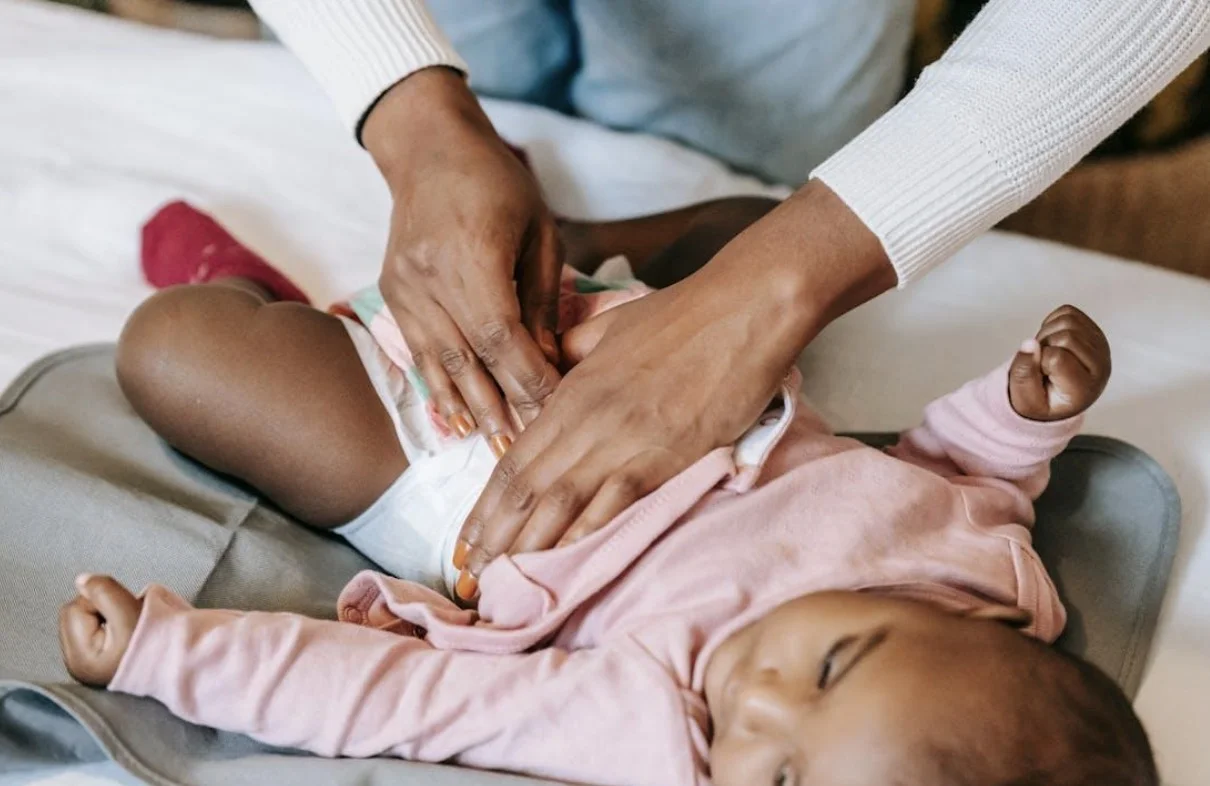Addiction is a complex and challenging battle that affects individuals from all walks of life. While addiction does not discriminate based on gender, it is essential to recognize that men and women often face unique experiences and needs when it comes to recovery. Gender-specific addiction treatment programs have emerged as a valuable approach, offering tailored support and care for individuals seeking lasting recovery. In this blog, we will explore the benefits of gender-specific addiction treatment and shed light on how these programs can make a significant difference in the lives of those struggling with addiction.
Understand the Unique Challenges Faced by Men and Women in Addiction
Men and women typically face distinct challenges throughout their addiction journey. Understanding these challenges is crucial to developing effective treatment strategies. Gender-specific addiction treatment programs acknowledge these differences and create an environment where individuals can address their specific needs openly. For instance, men often face pressure to conform to traditional masculine norms, while women may struggle with issues such as body image, trauma, and societal expectations. Substance abuse treatment for women may address those body image issues while treatment for men will help them learn to express themselves without worrying about masculine norms. By addressing these challenges head-on, gender-specific programs foster a safe and empathetic space for recovery.
Promote Open and Honest Communication
In a gender-specific treatment setting, individuals can freely express themselves without the fear of judgment or stigmatization. Many individuals find it easier to open up and share their experiences when surrounded by peers of the same gender. This environment allows for deeper discussions about sensitive topics related to addiction, trauma, and emotional struggles. By promoting open and honest communication, gender-specific treatment programs encourage participants to delve into the root causes of their addiction, paving the way for personal growth and healing.
Focusing on Gender-Specific Trauma and Co-Occurring Disorders
Trauma and co-occurring mental health disorders often accompany addiction. Gender-specific treatment programs recognize that men and women may have different experiences with trauma and mental health. These programs integrate trauma-informed care and address co-occurring disorders in a gender-sensitive manner. For example, women who have experienced sexual trauma may feel more comfortable discussing their experiences in a women-only group, where they can connect with others who share similar backgrounds. Tailoring treatment to address specific traumas and mental health concerns increases the likelihood of successful recovery.
Build Strong Support Networks
Recovering from addiction requires a solid support network and gender-specific treatment programs facilitate the formation of strong bonds between individuals facing similar struggles. Through group therapy sessions and shared activities, participants can develop connections with peers who understand their unique experiences. These support networks foster a sense of belonging, reducing feelings of isolation and providing ongoing support even after leaving the treatment program. Building strong support networks is vital for long-term recovery, and gender-specific programs excel in creating these meaningful connections.
Address Gender-Specific Relapse Triggers and Needs
Relapse triggers and needs can vary based on gender and the individual. By tailoring treatment to address gender-specific challenges, gender-specific programs help individuals develop effective coping mechanisms and relapse prevention strategies. For example, men may face triggers related to social expectations, such as pressure to engage in heavy drinking during social events. In contrast, women may struggle with body image issues, which can be a trigger for substance abuse. Gender-specific treatment programs equip individuals with the tools and skills to overcome these challenges and maintain sobriety.
Provide Role Models and Leadership Opportunities
Gender-specific treatment programs often incorporate role models and leaders who have successfully navigated their own addiction journeys. These individuals can serve as inspiration and sources of guidance for program participants. Men and women can learn from individuals who have faced similar challenges and have achieved lasting recovery. This mentorship aspect of gender-specific programs instills hope and empowers individuals to overcome their addiction while fostering a sense of purpose and personal growth.
Conclusion
Gender-specific addiction treatment programs offer numerous benefits by recognizing the unique challenges faced by men and women in their recovery journeys. By promoting open communication, addressing gender-specific trauma and mental health concerns, and building strong support networks, these programs provide a solid foundation for lasting recovery. Ultimately, the benefits of gender-specific addiction treatment lie in its ability to create an inclusive, supportive, and empowering environment where individuals can heal, grow, and reclaim their lives.






